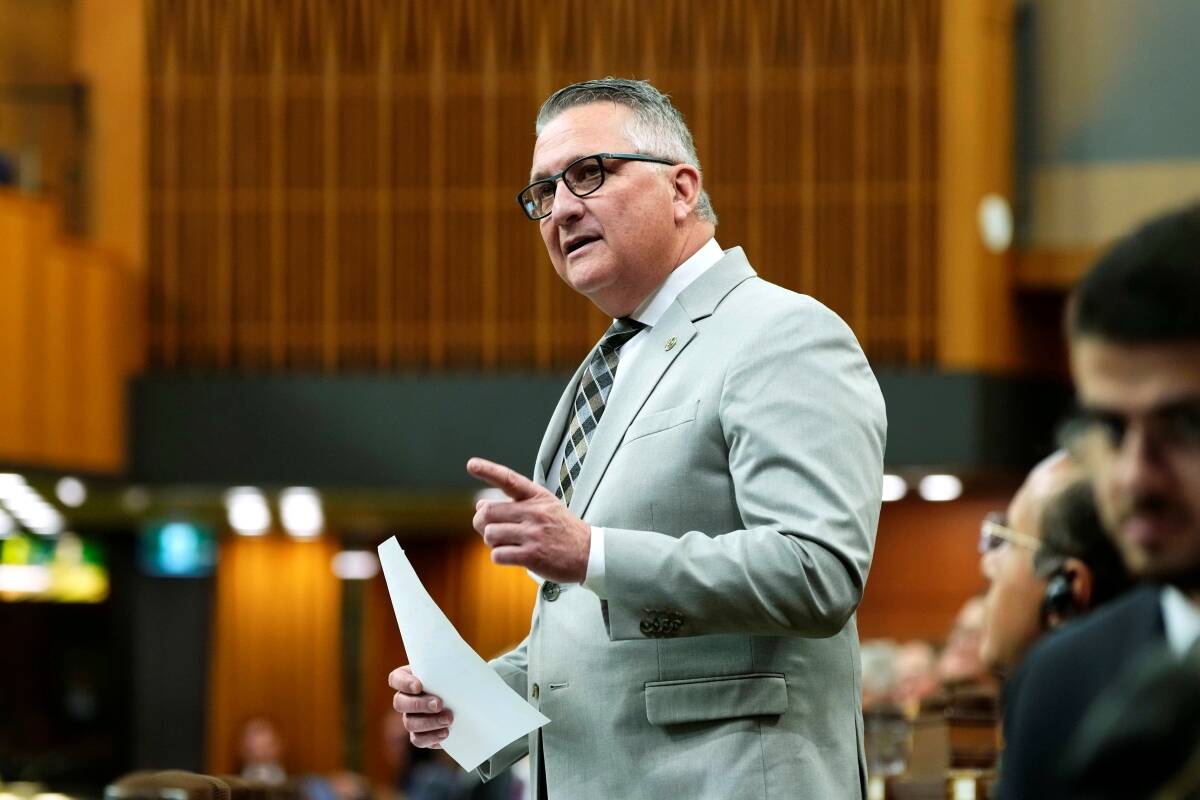CALGARY, Alberta, Aug 31 (Reuters) – The Canadian province of Alberta, which has been hammered by falling crude prices, is forecasting a record budget deficit of C$5.9 billion ($4.49 billion) this year, a number that could increase to C$6.5 billion, Finance Minister Joe Ceci said on Monday.
Alberta, home to Canada’s oil sands and the largest source of U.S. crude imports, has struggled with a sharp drop in revenue as global oil prices tumbled over the last 12 months.
The province said it forecast revenue of C$44.3 billion – about C$1 billion higher than previously projected, in part because of the newly elected left-leaning NDP government’s decision to increase corporate income tax rates 12 percent from 10 percent.
Read Also

Canada, Mexico look beyond U.S. as agri-food trade pact expands
Earlier this week Heath MacDonald, Canada’s Minister of Agriculture and Agri-Food and Mexico’s Secretary of Agriculture and Rural Development, Julio Berdegué, met to discuss bilateral relations and strengthen cooperation and trade ties between the two countries.
Spending was also higher than forecast in the first quarter because of climate-related incidents, including agricultural drought relief and wildfire fighting costs, according to the report.
At a news conference, Ceci noted that the numbers were based on oil price projections from the end of July – prior to a further dramatic drop in crude – and could be updated in an upcoming budget, scheduled to be introduced in October.
“We know things are different now and as we go forward to our budget, we’ll be looking at taking all the information to account and bringing that forward with the October budget,” Ceci said.
He added that the government was looking to balance its budget by 2018-2019 and was taking steps to diversify the province’s economy so that it would be less susceptible to volatility in the oil and gas market.
SASKATCHEWAN
Alberta is not the only Canadian province to be affected by lower oil revenue. Neighboring Saskatchewan on Monday forecast its first deficit in two decades, citing lower oil prices and costly forest fires.
Saskatchewan’s finance minister, Kevin Doherty, forecast a C$292 million deficit for the current 2015/16 fiscal year, compared with a C$106.8 million surplus predicted earlier.
Saskatchewan’s revenue is expected to drop by C$237.8 million, to C$14.04 billion, with expenses climbing by C$161 million, to C$14.33 billion.














